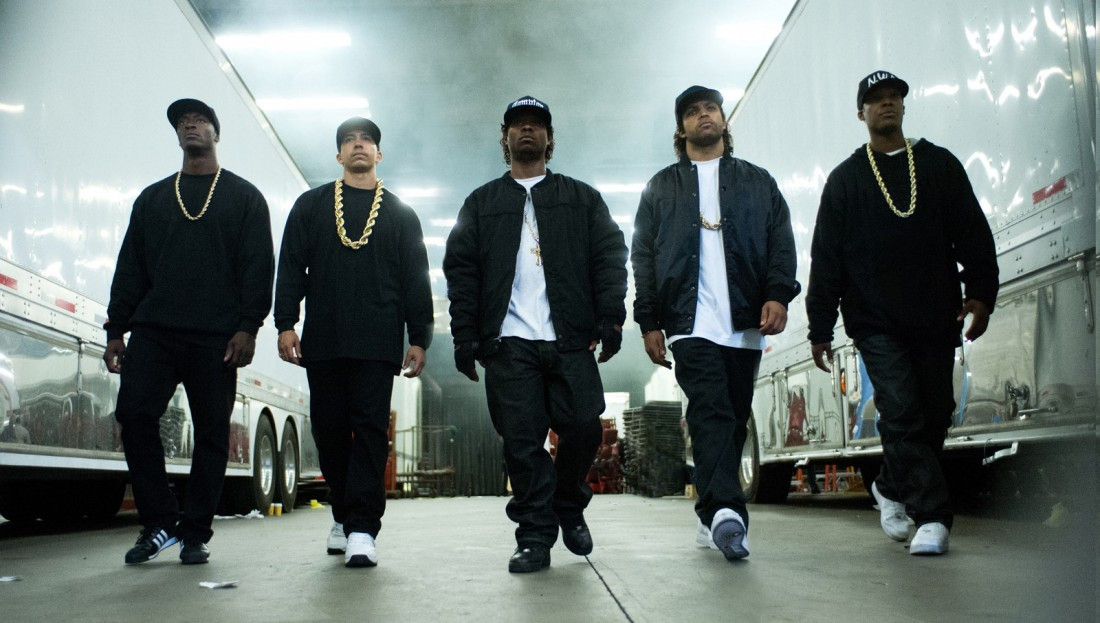Straight outta misogyny
The hip-hop industry has a hidden misogynist agenda
N.W.A, American rap group turned international superstars, rose to fame with their controversial lyrics of bitter realities growing up in South Central, Los Angeles circa 1986-92. Known for their acclaimed and provocative songs such as, “Fuck Da Police,” “Boyz-N-Da-Hood” and “Straight Outta Compton,” N.W.A gave “a voice to the voiceless,” group member Ice Cube says.
They provided an avenue for Black people to pronounce justice and express themselves in a society that would rather silence their voices. Unfortunately, behind all the hype and talent remains an unspoken patriarchal agenda within the hip-hop industry, not genre.
The most attractive aspect of N.W.A and rap music in general is the message behind the music. Characteristics of the genre’s rhetoric include spoken truth, empowerment and representing who you are and where you come from.
Throughout its history, rap conveyed a message to the public that would otherwise be considered taboo or controversial. But somewhere along the way, this genre with a history of positive political messages adopted a problematic tone towards women in the industry. Not to say that such outspoken queens of hip-hop aren’t still regarded as pioneers (for example, Salt N Pepa, Missy Elliot, MC Lyte and Lil Kim), but we have since staggered into an era of Nicki Minaj, whose body the industry objectifies for profit while glamorizing Black women of a lighter hue.
N.W.A, though powerful in content, remains harsh in its lyrics about women. In the 2015 bio drama Straight Outta Compton the role of women is purely supportive to their heroes from the hood – male protagonists. Further, the film does not touch upon real life domestic violence the rappers put their former girlfriends through. Hollywood is framing an image of Black men while ignoring the violence towards women that’s a big part of N.W.A’s story.
The role of women in the hip-hop world today seems to be one of the following: “Boss Ass Bitch,” “Hoe,” “Crazed Sex Temptress” or Iggy Azalea – the white girl gateway rapper for the white audience.
Dr. Cornel West, in his book Race Matters, discusses the role of Black sexuality in America and more specifically how we fear it, hide it or deny it in the public and from ourselves.
In the rap world this fear of Black sexuality is masked by Beyoncé’s notion of “Flawless” as she sings, “I woke up like this.” I woke up to an industry that uses Black women as a tool of sexual symbolism, and allows male artists to reveal to the world that Black women are their “bitches and hoes.”
The hip-hop industry’s search for respect goes beyond shaming male rappers, and it’s not all their doing, but the industry behind them that sells to predominantly white consumers would love to shape Black America for how they see it, not explain why it is the way it is.
Alexa Potashnik is the Racialized Student Commissioner with the Canadian Federation of Students of Manitoba and a Human Rights major at the University of Winnipeg
Published in Volume 70, Number 4 of The Uniter (October 1, 2015)








